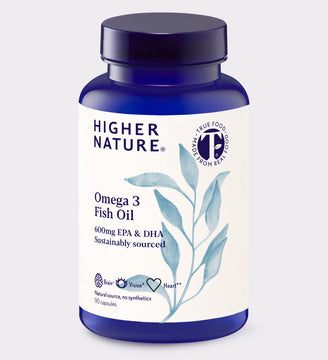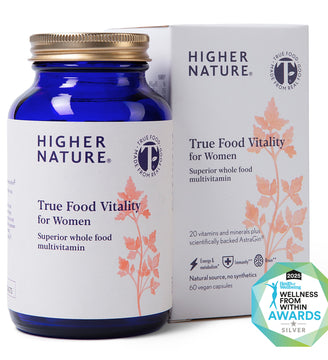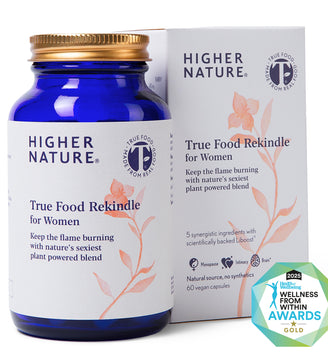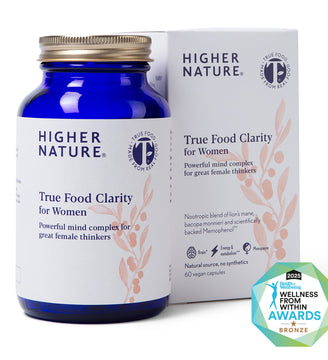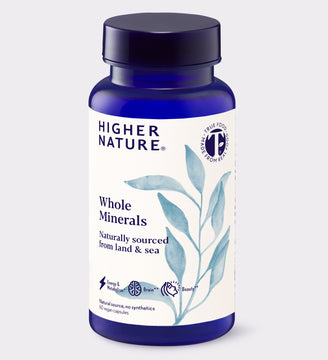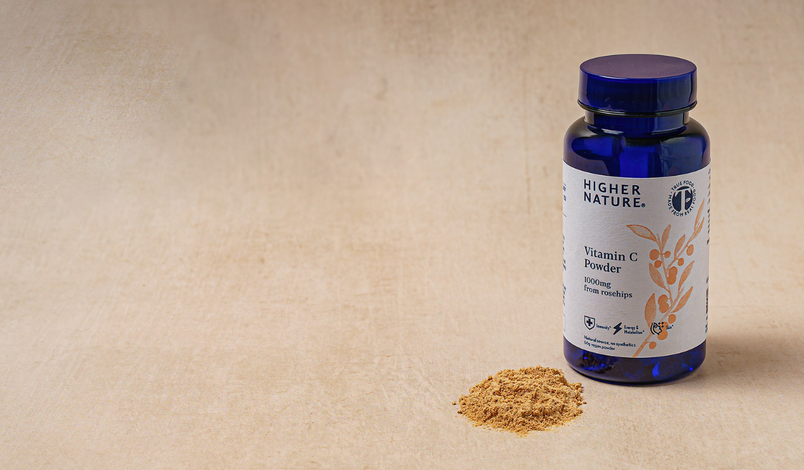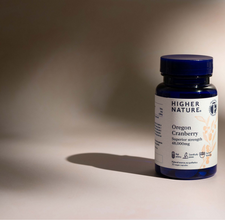
Are you too cold for comfort?
Higher Nature Nutrition Team
When the clocks go back, we lose an hour of daylight and we feel suitably justified turning on the heating or cranking it up a notch. Spare a thought, however, for those who suffer with poor circulation.
Poor circulation can be caused by a number of underlying problems, from hardening of the arteries and varicose veins, to diabetes or Raynaud’s Syndrome (‘Cold Hands Complaint’). Typically hands and feet will feel colder than the rest of your body because blood is not getting to your extremities, and this lack of blood, caused by spasmodic contractions of the arteries, is triggered by temperature changes and exposure to the cold, and in the event of Raynaud’s, just by touching cold objects; even stress can be a trigger.
There are plenty of relatively simple, yet healthy things you can do to help improve your circulation.
If you smoke, stop. Carbon monoxide from smoking and second-hand smoke damages blood vessels, allowing fats and plaque to stick to vessel walls.
Stopping smoking is the most effective way to reduce symptoms of poor circulation, not to mention one of the healthiest decisions you’ll ever make.
Making a conscious effort to keep warm whilst indoors and when venturing out can also make a huge difference. Think layers and thermals as opposed to just keeping hands and feet warm, and use shoulder bags where possible as bags with handles can restrict blood flow to your fingers.
Correct nutrition can also help. Reducing your consumption of meat, butter and cream, which contain lots of circulation-slowing saturated fats and cholesterol, is important, whereas oily fish, rich in omega-3s, can help to reduce blood stickiness and improve circulation.
Fish rich in omega-3s include sardines, salmon, trout and mackerel, or you may wish to try an omega-3 supplement.
Good vegetarian alternatives include flaxseed oil, pumpkin seeds or walnut oil.
Give salt a swerve. It hardens your arteries (which need to be elastic) so make sure you stay within the recommended 6g a day and watch your labels when buying pre-packaged and tinned foods as these often have a high salt content.
Foods rich in vitamin C (kiwis, blueberries, cherries and most fruit and veg) are good for your circulation, as are foods rich in rutin (buckwheat, citrus peel and rosehips), which helps to strengthen small blood vessels.
Regular exercise is also beneficial, as it helps boost circulation. Try to exercise three times a week for at least 20 minutes to get the heart racing and the blood flowing around your body.
As far as herbs are concerned, Ginkgo biloba is a firm favourite. One of the oldest known plants on earth it contains important flavonoids, such as quercetin, as well as catechins and rutin, but it is not suitable for everyone, especially those on blood-thinning medication such as warfarin, so check with your GP first.
Ginger, another ancient plant and popular spice, is also a great winter warmer with several studies showing that its active components, called ‘gingerols’, can help to support circulation.
Finally, if your symptoms are triggered by stress, learn to keep your stress levels to a minimum. Relaxation techniques can help in this respect, as well as B vitamins for the adrenal glands and magnesium for the nervous system.


